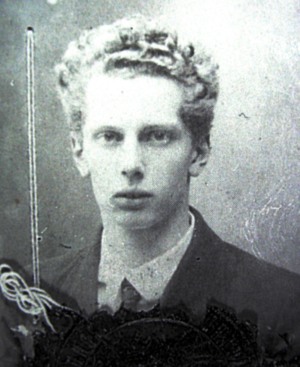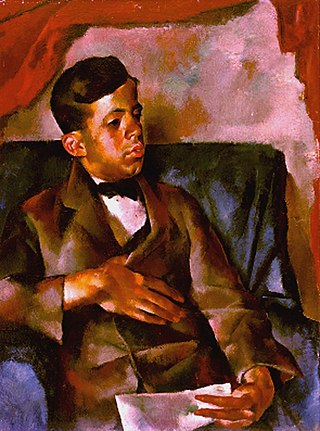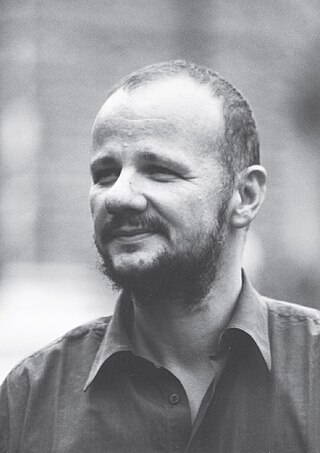Related Research Articles

Boris Blacher was a German composer and librettist.
Walter Sinclair Hartley was an American composer of contemporary classical music.

Sunleif Rasmussen is the foremost Faroese composer of classical music.
Bruce Mather is a Canadian composer, pianist, and writer who is particularly known for his contributions to contemporary classical music.

Géza Frid was a Hungarian–Dutch composer and pianist.

Yoshirō Vladimir Irino was a Japanese composer.
Gary Alan Kulesha is a Canadian composer, pianist, conductor, and educator. Since 1995, he has been Composer Advisor to the Toronto Symphony Orchestra. He has been Composer-in-Residence with the Kitchener-Waterloo Symphony (1988–1992) and the Canadian Opera Company (1993–1995). He was awarded the National Arts Centre Orchestra Composer Award in 2002.

The trumpet repertoire consists of solo literature and orchestral or, more commonly, band parts written for the trumpet. Tracings its origins to 1500 BC, the trumpet is a musical instrument with the highest register in the brass family.

Gerhard Schedl was an Austrian composer. His works included chamber works, operas, theater pieces, symphonies, concertos, and sonatas.
Eduard Pütz was a German composer and music teacher.
References
- ↑ Komponist Hans Ulrich Engelmann ist tot, Handelsblatt , January 8, 2011.
- ↑ Jan Kopp. "Engelmann, Hans Ulrich." Grove Music Online. Oxford Music Online. 29 May. 2011